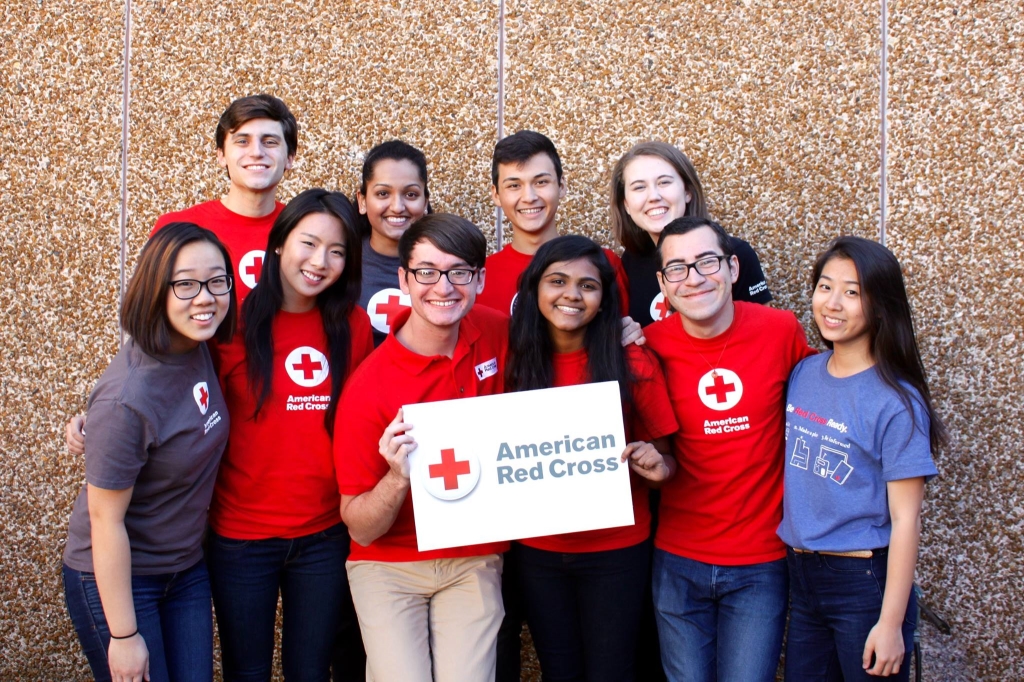
What Do Phlebotomists Do? Essential Roles, Skills, and Careers Explained
If you’re considering a career in healthcare or want to understand the vital roles that support medical diagnoses, you’ve likely heard about phlebotomists. These healthcare professionals play a crucial part in patient care by collecting blood samples for testing, which aids in diagnosing illnesses, monitoring health conditions, and supporting medical research. In this comprehensive guide, we’ll explore what phlebotomists do, their essential roles, the skills required, and the career opportunities available in this rewarding field.
Introduction to Phlebotomy
Phlebotomy, the process of drawing blood, might seem straightforward, but it requires precision, compassion, and expertise. A phlebotomist is a trained healthcare professional responsible for safely collecting blood samples while ensuring patient comfort and safety. This vital role intersects with laboratories, hospitals, clinics, and community health services, making phlebotomy a foundational aspect of medical diagnostics.
What Do Phlebotomists Do? An In-Depth Look
Primary Responsibilities of a Phlebotomist
- preparing patients for blood collection, including explaining procedures and addressing concerns
- Collecting blood samples through venipuncture or fingerstick methods
- Labeling and handling specimens accurately to prevent errors
- Maintaining sterile equipment and adhering to safety protocols
- Ensuring proper storage and transportation of blood samples to laboratories
- Recording patient data and blood draw details accurately in records
- Assisting with patient identification and verifying test orders
Additional Tasks and Responsibilities
- Performing basic blood tests or preparing samples for laboratory analysis
- Maintaining cleanliness and sterilization of work areas
- Assisting in inventory management for supplies and equipment
- Providing emotional support to anxious or fearful patients
The Skills and Qualities of a Accomplished Phlebotomist
essential Technical Skills
- Venipuncture proficiency: mastery in drawing blood using various techniques
- Knowledge of anatomy: understanding of veins and arteries
- Laboratory procedures: familiarity with specimen handling and safety protocols
Key Personal Qualities
- Attention to detail: accuracy in labeling and documentation
- Communication skills: clear explanations and reassurance to patients
- Steady hands: ensuring minimal discomfort and precise blood draws
- Empathy and patience: understanding patient anxieties and addressing concerns
- Physical stamina: ability to stand for extended periods and perform repetitive tasks
Educational and Certification Requirements
While requirements vary by state and employer, generally, becoming a phlebotomist involves completing a formal training program and obtaining certification. These programs teach the necessary skills, safety protocols, and anatomy knowledge needed for effective blood collection.
Common Certification Options
- Certified Phlebotomy Technician (CPT) from the American Society for Phlebotomy Technicians (ASPT)
- Certified Phlebotomy Technician (CPT) from the National Healthcareer Association (NHA)
- Phlebotomy Technician Certification Exam from the American Certification Agency (ACA)
Career Opportunities for Phlebotomists
Phlebotomy offers diverse career paths across various healthcare settings. Here are some common roles and associated environments:
Work Settings
| Setting | Typical Role | Benefits |
|---|---|---|
| Hospitals | hospital Phlebotomist | High-volume experience, teamwork focus |
| Clinics & Doctors’ Offices | Clinic Phlebotomist | More patient interaction, steady hours |
| Diagnostic Laboratories | Lab Support Technician | Specialized skills, advancement options |
| Blood Donation Centers | Blood Bank Technician | Helping save lives, community health focus |
Potential Career growth
Starting as a phlebotomist can lead to various advanced roles such as medical assistant, laboratory technician, or healthcare administrator. Many professionals also pursue further certifications in laboratory sciences or nursing for expanded career options.
Benefits and Practical Tips for Aspiring Phlebotomists
- Job stability: healthcare roles are consistently in demand
- Rewarding work: directly contributing to patient health and diagnosis
- Flexibility: various work environments and schedules
- Continuing education: opportunities to enhance skills and advance careers
Practical tips to succeed include practicing excellent hand-eye coordination, continuously updating your knowledge about safety protocols, and developing strong communication skills to handle diverse patient needs.
Case Study: A Day in the Life of a Phlebotomist
Meet Sarah, a certified phlebotomist working at a busy hospital. Her day begins with preparing her supplies, verifying patient identities, and explaining procedures to reduce anxiety.Throughout her shift,she efficiently draws blood from different patients,ensuring comfort and safety. After completing her tasks, she organizes samples for laboratory processing and assists in inventory management. Her dedication not only ensures accurate test results but also fosters trust with patients,making her job both fulfilling and impactful.
First-Hand Experience from a Phlebotomist
“Becoming a phlebotomist allowed me to combine my interest in healthcare with my passion for helping others. ItS a role that requires technical skill and empathy. Knowing that my work supports accurate diagnoses keeps me motivated every day,” shares James, a certified phlebotomist with over five years of experience.
Conclusion
what do phlebotomists do? They are essential frontline healthcare workers responsible for collecting blood samples, ensuring patient safety, and supporting diagnosis and treatment. With the right skills, certification, and dedication, a career in phlebotomy can be highly rewarding, offering job stability, growth opportunities, and the chance to make a meaningful difference in people’s lives. Whether you’re just starting or looking to expand your healthcare career, understanding the vital roles of phlebotomists is a step toward a fulfilling profession in the healthcare industry.